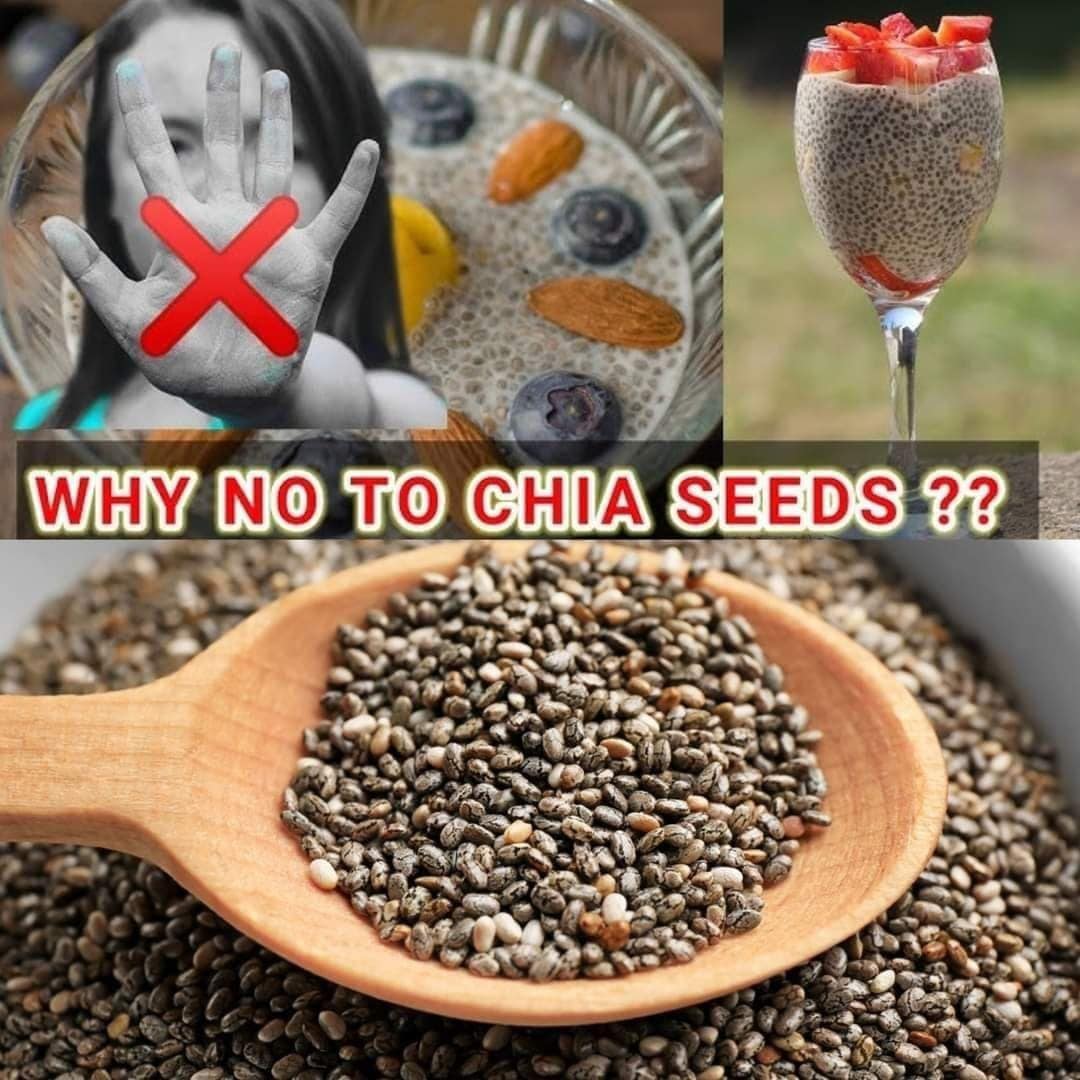ADVERTISEMENT
Allergic Reactions:
Though rare, some individuals may experience allergic reactions to chia seeds. Symptoms can include itching, swelling, or difficulty breathing after consuming chia seeds.
Solution: If you suspect an allergy to chia seeds, discontinue use and consult a healthcare professional.
Potential Interaction with Medications:
Blood Thinners: Chia seeds contain omega-3 fatty acids, which are known to thin the blood. If you’re taking blood-thinning medications like warfarin, consuming large amounts of chia seeds could increase the risk of bleeding.
Blood Pressure Medications: Chia seeds can lower blood pressure, which may be an issue for individuals on blood pressure medications as it could lead to excessively low blood pressure.
Solution: If you’re on medication for blood thinning or blood pressure, consult your healthcare provider before adding large amounts of chia seeds to your diet.
Excessive Calorie Intake:
While chia seeds are nutrient-dense, they are also relatively high in calories and fat (about 140 calories and 9 grams of fat per ounce). Eating them in large quantities can contribute to excessive calorie intake, which could impact weight management.
Solution: Stick to a moderate portion size, typically 1 to 2 tablespoons per day.
Lower Mineral Absorption:
Chia seeds contain phytic acid, an antinutrient that can bind to certain minerals like calcium, iron, and zinc, making them less bioavailable. For individuals who rely heavily on chia seeds as a source of nutrients, this could slightly hinder mineral absorption.
Solution: Incorporate a variety of other nutrient-dense foods into your diet to ensure adequate mineral intake.
Please Head Over To Next Page There Still More ,,,
ADVERTISEMENT
